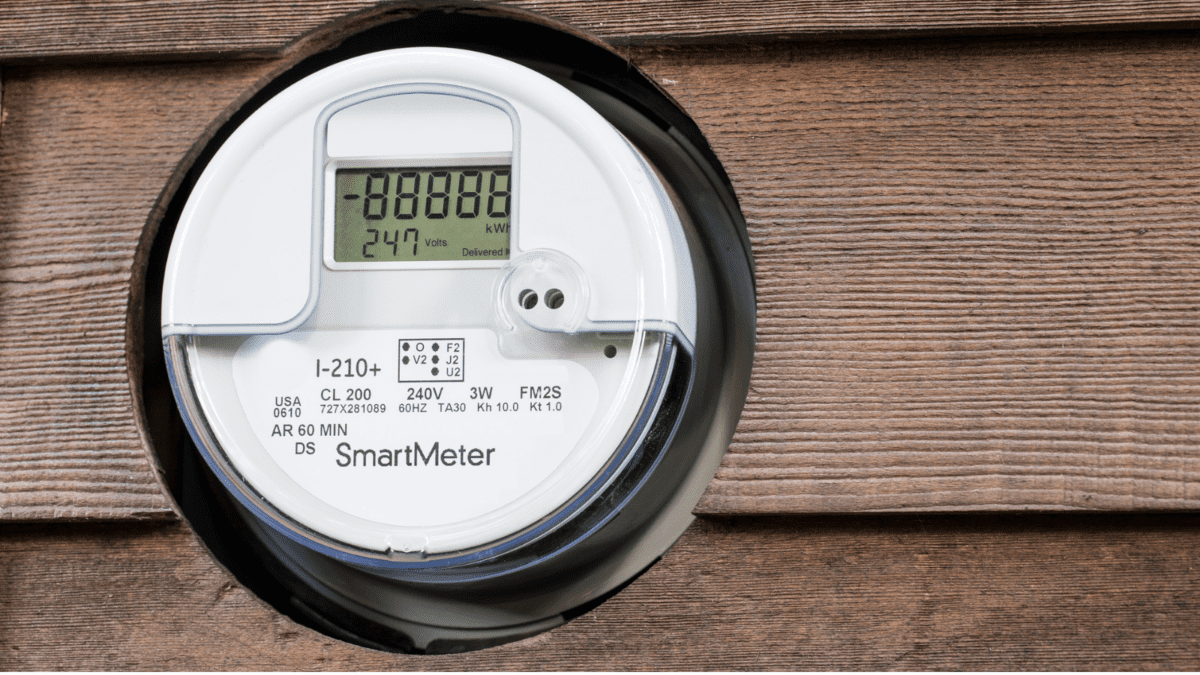Rising cost of private health cover key concern: National Seniors Association
Private health insurance has strong appeal to older people but there is growing angst about its cost, according to the National Seniors Association’s June 2024 report, Older people and private health insurance.
The report says the large proportion of older Australians (50+) who have private health insurance appreciate it for the peace of mind and control over their healthcare it offers, with many wishing to maintain it even as the cost grows.
But the report – based on a survey of 4564 people – found mounting discontent with private health insurers, healthcare professionals and hospitals, with rising costs being the underlying theme.
It says: “Costs have multiple dimensions, but most prominently include the purchase price of premiums and the out-of-pocket costs that are increasingly demanded of people with private cover, even at the top levels.
“Routine premium increases, coupled with diminishing returns, have caused many to question the value proposition of private health insurance, whether for hospital cover or extras.”
The report also singled out the lifetime health cover loading that financially penalises older people who can now afford private health insurance but couldn’t earlier in their lives. Conversely, the loading is a source of pressure for some older people wanting to retain their private health insurance.
It also found that older Australians find private health insurance to be complex and confusing with many unsure what they are covered for or what they would lose by shopping around. Their ability to find out is stymied by some insurers’ poor service or a lack of easy-to-understand communications from insurers and the medical fraternity.
An advocacy organisation for older people, COTA Australia, also has drilled into rising unaffordability of private health cover due to rising premiums, out-of-pocket expenses over and above premiums, insurers’ preferred providers not necessarily being the member’s preferred provider, the challenge of finding the most suitable cover and limitations on coverage for some products.
Unsurprisingly, financial well-being is the key factor in determining who has private health insurance with the report finding that 45 per cent of people on full pensions had no private health cover compared with just 16 per cent of all other survey respondents. Full pensioners were also more likely to be considering cost-saving strategies if they had private health cover.
Similarly, respondents with lower savings levels (including superannuation and other investments) were less likely to have health cover compared with those with high savings levels and were more likely to be considering cost-saving measures.
It should be noted that private health cover only picked up 7.2 per cent ($17.5 billion) of the nation’s health bill that was estimated by the Australian Institute of Health and Welfare (AIHW) to be $241.3 billion in 2021-22 of which the commonwealth and state/territory governments contributed the lion’s share at 72.9 per cent ($176 billion).
The report identified five key reasons for having private cover – to assist in specific health situations, to reap other benefits of cover, to meet emotional needs, policy lock-in and miscellaneous other factors. In particular, the fact it can assist meet specific health issues promptly and the importance given to hospital cover rate highly.
As one respondent said, “I believe it is a good investment. I expect as I and my husband age we will require more hospitalisation. I’ve just had three months in hospital and I’m grateful for my health insurance.”
Another said: “Hip replacements, knee operations, cataracts, glasses, etc, etc, are all on the horizon when you turn 80 plus. Imagine managing ageing health issues without private health insurance and access to private medical treatment in hospitals.”
Being able to effectively jump the queue to get treatment was, in the opinion of several respondents, a literal life saver.
One said: “My mother was diagnosed with bowel cancer at 90 and given three to six months to live … because she had full private health cover, I was able to get a surgeon to operate on her, and she led a full life till 105. Without private health cover they would have just let her die, so I pay my fund before anything else.”










